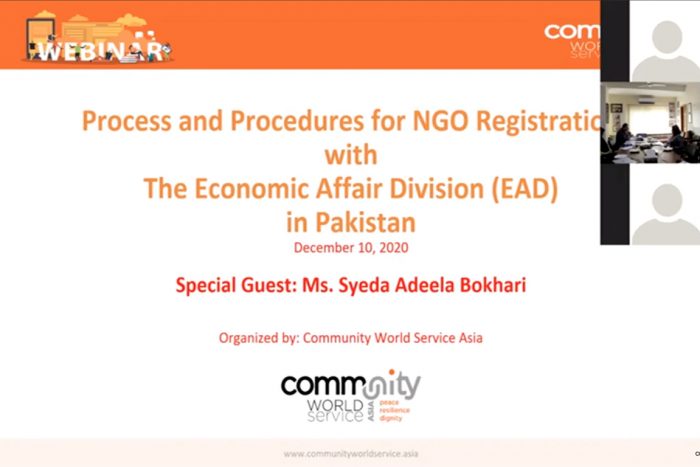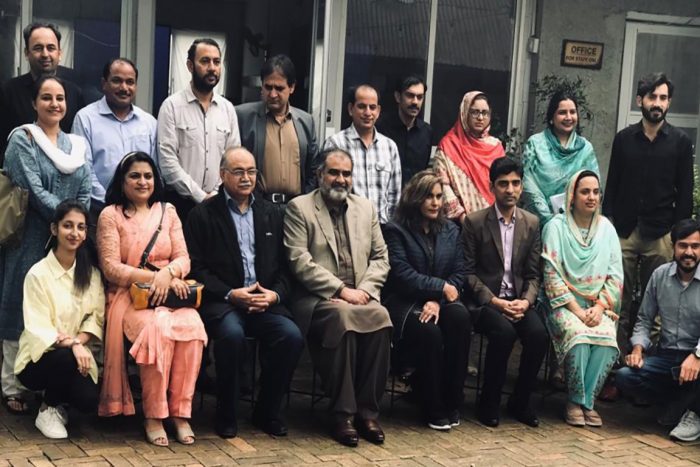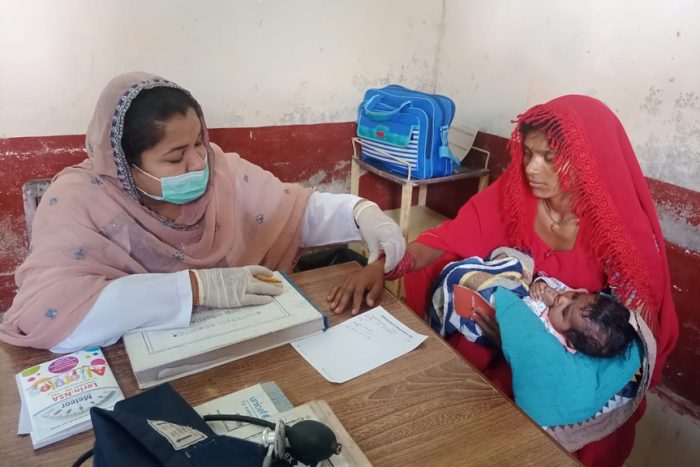When: 8th -10th December 2021
Where: Murree, Punjab
Language: English & Urdu.
Interested Applicants: Register here
Last Date to Apply: 8th November 2021
Background
Safeguarding is the responsibility that an organisation has to ensure its representatives and the activities it conducts promotes the welfare of the people (especially children and vulnerable adults) it serves and the communities it works with. Safeguarding ensures that the organisation does not expose the communities it works with to the risk of any sort of harm or abuse, including sexual exploitation and abuse. Safeguarding measures seek to prevent situations where individuals can use their position of power, to abuse or exploit another person. Safeguarding vulnerable adults and children is the process of protecting them from abuse or neglect, enabling them to maintain control over their lives and make informed choices.
Objectives
The objective of this training is to enhance the capacity of participant organisations in ensuring the safety and well-being of all of their employees and the community members that they work with.
This workshop will support participating organisations and their staff in exploring key concepts and strengthen their understanding on:
- Quality and Accountability in Humanitarian and Development.
- Core Commitments of Safeguarding
- Safeguarding Basics – Milestones and Development
- Protecting most vulnerable groups – support for survivors and whistle-blowers
- Accountability and Transparency around safeguarding and PSEA.
- Contextualization of Key Safeguarding Messages and How to communicate them
- Experience sharing / best practices / lesson learning around Safeguarding
- Overview of Complaint Response Mechanism.
Participation
This training will target members of complaints committees, human resource and MEAL staff, program teams and leadership of NGOs. The training will support participants to understand the key barriers, challenges related to safeguarding at organisational and programmatic level while dealing with communities and stakeholders. It will serve as a platform for participating organisations to discuss and review their relevant policies and procedures to ensure that they are effective in all situations. It will also offer the complaint committee members’ opportunities to develop peer support groups so that they can learn from and support each other. Post-training technical support will be provided to participant organisations to develop and implement policies and systems related to safeguarding.
Number of Participants
A maximum of 20 participants will be selected for this training. Women and differently-abled staff and staff from ethnic/religious minorities are encouraged to apply. Preference will be given to participants from organisations based in underserved areas.
Selection Criteria
- Primary responsibility for Safeguarding at the organisational level
- Participants from women led organisations, differently-abled persons, religious/ethnic minorities will be prioritised
- Mid or senior level management in a civil society organizations, preferably CSOs with main office in small towns and cities
- Willingness to contribute PKR 15,000/- for the training. Exemptions may be applied for CSOs with limited funding and those from marginalised groups. An early-bird discount of 15% will be awarded to applicants who register by the 5th October 2021 and a 30% discount will be awarded to women participants
- Commitment to apply learning in their work, including dissemination of learning within their organization
Methodology
The approach applied in this training is the ‘Blended Learning’ approach developed by Community World Service Asia in its previous phases of the Civil Society Empowerment Project (CEP). The approach is participatory and needs-based in nature. It consists of selection of participants from diverse organisations at different levels, content and methodology designed with and based on the needs of the training participants, use of experienced and knowledgeable trainers, flexible content and methodology during the training, development of action plans and follow up refreshers and coaching and mentoring support.
Methodology of this training includes practical exercises based on real life projects/programs (but considering social distancing). These will be interspersed with lectures by the external trainer and experience sharing by prominent leaders from the development and humanitarian fields. Presentations would be in English, discussion to be followed in both English and Urdu. Coaching and mentoring support will be provided to 30% of participant organisations to help them apply their learning.
Facilitation Team:
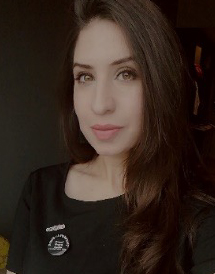 Palwashay Arbab – Head of Communications and Gender Justice Focal Person- CWSA. A journalism and humanitarian practitioner associated with the aid sector in the Asia Pacific region since the last ten years. Has a diverse experience based on humanitarian work, journalistic writing, humanitarian and development communication, social media management, advocacy, training management, fundraising, branding and public relations, program development, gender justice and coordination. Training and presentation development experience for youth and staff on social media campaigns, hashtag activism, diversity and safeguarding. Representational and networking experience with the international donor community, I/NGOs, and communities. Currently co-chairing the global Gender Justice Reference group of ACT alliance and governing board member of the Communicating with Disaster Affected Communities (CDAC) Network.
Palwashay Arbab – Head of Communications and Gender Justice Focal Person- CWSA. A journalism and humanitarian practitioner associated with the aid sector in the Asia Pacific region since the last ten years. Has a diverse experience based on humanitarian work, journalistic writing, humanitarian and development communication, social media management, advocacy, training management, fundraising, branding and public relations, program development, gender justice and coordination. Training and presentation development experience for youth and staff on social media campaigns, hashtag activism, diversity and safeguarding. Representational and networking experience with the international donor community, I/NGOs, and communities. Currently co-chairing the global Gender Justice Reference group of ACT alliance and governing board member of the Communicating with Disaster Affected Communities (CDAC) Network.
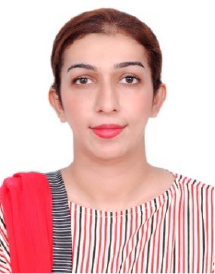 Asma Shehzad –Head of Support Functions- Safeguarding Focal Person-CWSA with more than 15 years of experience in Management including Organizational Policy development, conflict management, investigations, policies implementation, Asma has been now working with Community World Service Asia as Head of Support Functions. She is currently based in Islamabad, Pakistan. Asma is not only involved actively in the implementation of Safeguarding Policy at the organizational level with all stakeholders, she also acts as a Safeguarding Focal Person for CWSA. Being head of Support Functions Department, she is fulfilling her responsibilities in the development and implementation of policies to the best of her abilities. To her credit is the honor to be part of the team that has implemented Safeguarding Policy across CWSA. She also feels privileged to be part of Act as Co-Chair for Act Community of Practice- Safeguarding.
Asma Shehzad –Head of Support Functions- Safeguarding Focal Person-CWSA with more than 15 years of experience in Management including Organizational Policy development, conflict management, investigations, policies implementation, Asma has been now working with Community World Service Asia as Head of Support Functions. She is currently based in Islamabad, Pakistan. Asma is not only involved actively in the implementation of Safeguarding Policy at the organizational level with all stakeholders, she also acts as a Safeguarding Focal Person for CWSA. Being head of Support Functions Department, she is fulfilling her responsibilities in the development and implementation of policies to the best of her abilities. To her credit is the honor to be part of the team that has implemented Safeguarding Policy across CWSA. She also feels privileged to be part of Act as Co-Chair for Act Community of Practice- Safeguarding.
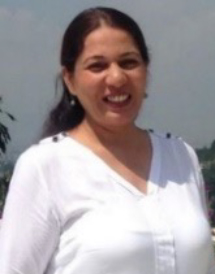 Ayesha Hassan – Associate Regional Director Head – CWSA Ayesha Hassan is the Associate Director at the Community World Service Asia with a diverse experience of campaigning and project implementation on Quality and Accountability (including Safeguarding, PSEAH, Complaints Response Mechanism), Gender, Livelihood (including food security with focus on DRR), Education, and Participation. She is a trainer, advisor and voice for Quality and Accountability standards including Core Humanitarian Standards, Do No Harm Approach, and Sphere Standards.
Ayesha Hassan – Associate Regional Director Head – CWSA Ayesha Hassan is the Associate Director at the Community World Service Asia with a diverse experience of campaigning and project implementation on Quality and Accountability (including Safeguarding, PSEAH, Complaints Response Mechanism), Gender, Livelihood (including food security with focus on DRR), Education, and Participation. She is a trainer, advisor and voice for Quality and Accountability standards including Core Humanitarian Standards, Do No Harm Approach, and Sphere Standards.
Ayesha is hands on in fundraising and program growth, overseeing the development of proposals and donor compliance. She develops program strategies for various programs under implementation while she has also facilitated the process of developing a 10-year strategy for DRR, livelihood and democratization.
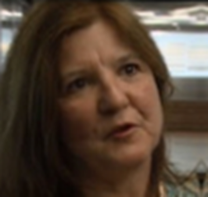





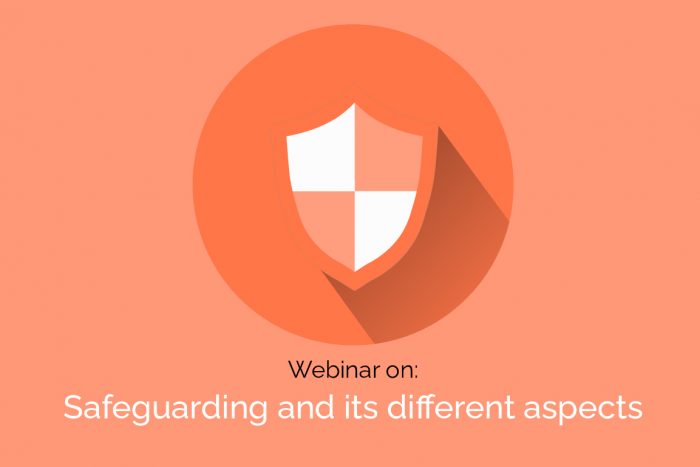
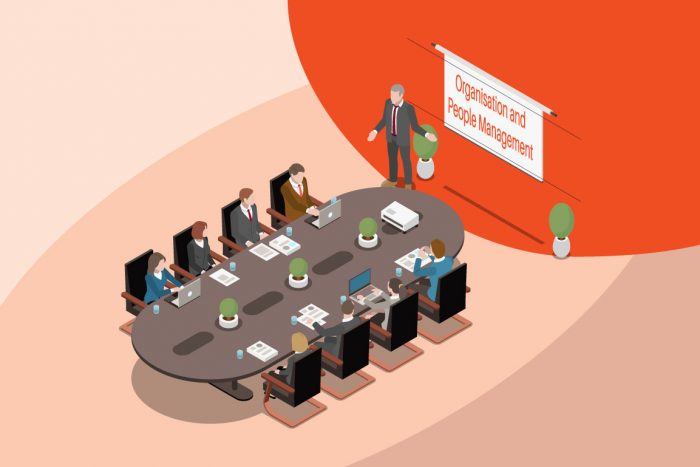
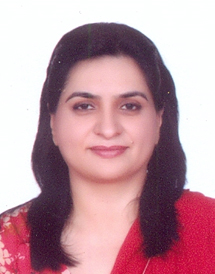 Ms. Sofia Noreen is an ambitious professional with over 28 years’ eventful career studded with brilliance predominantly in the area of research, program/ project designing and execution, monitoring, international development, and liaison & coordination. Her areas of focus include Gender and Women Empowerment, Climate Change/ Food Security within rural communities, and Governance issues both at policy and implementation levels. She is a dependable professional with a comprehensive understanding of Pakistani politics, the parliamentary setup, and electoral reform agenda and familiar with election management systems both for general and local bodies elections.
Ms. Sofia Noreen is an ambitious professional with over 28 years’ eventful career studded with brilliance predominantly in the area of research, program/ project designing and execution, monitoring, international development, and liaison & coordination. Her areas of focus include Gender and Women Empowerment, Climate Change/ Food Security within rural communities, and Governance issues both at policy and implementation levels. She is a dependable professional with a comprehensive understanding of Pakistani politics, the parliamentary setup, and electoral reform agenda and familiar with election management systems both for general and local bodies elections.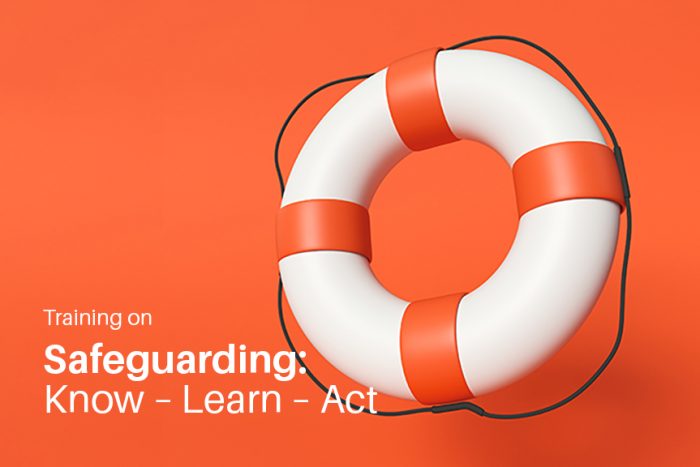
 Palwashay Arbab – Head of Communications and Gender Justice Focal Person- CWSA. A journalism and humanitarian practitioner associated with the aid sector in the Asia Pacific region since the last ten years. Has a diverse experience based on humanitarian work, journalistic writing, humanitarian and development communication, social media management, advocacy, training management, fundraising, branding and public relations, program development, gender justice and coordination. Training and presentation development experience for youth and staff on social media campaigns, hashtag activism, diversity and safeguarding. Representational and networking experience with the international donor community, I/NGOs, and communities. Currently co-chairing the global Gender Justice Reference group of ACT alliance and governing board member of the Communicating with Disaster Affected Communities (CDAC) Network.
Palwashay Arbab – Head of Communications and Gender Justice Focal Person- CWSA. A journalism and humanitarian practitioner associated with the aid sector in the Asia Pacific region since the last ten years. Has a diverse experience based on humanitarian work, journalistic writing, humanitarian and development communication, social media management, advocacy, training management, fundraising, branding and public relations, program development, gender justice and coordination. Training and presentation development experience for youth and staff on social media campaigns, hashtag activism, diversity and safeguarding. Representational and networking experience with the international donor community, I/NGOs, and communities. Currently co-chairing the global Gender Justice Reference group of ACT alliance and governing board member of the Communicating with Disaster Affected Communities (CDAC) Network. Asma Shehzad –Head of Support Functions- Safeguarding Focal Person-CWSA with more than 15 years of experience in Management including Organizational Policy development, conflict management, investigations, policies implementation, Asma has been now working with Community World Service Asia as Head of Support Functions. She is currently based in Islamabad, Pakistan. Asma is not only involved actively in the implementation of Safeguarding Policy at the organizational level with all stakeholders, she also acts as a Safeguarding Focal Person for CWSA. Being head of Support Functions Department, she is fulfilling her responsibilities in the development and implementation of policies to the best of her abilities. To her credit is the honor to be part of the team that has implemented Safeguarding Policy across CWSA. She also feels privileged to be part of Act as Co-Chair for Act Community of Practice- Safeguarding.
Asma Shehzad –Head of Support Functions- Safeguarding Focal Person-CWSA with more than 15 years of experience in Management including Organizational Policy development, conflict management, investigations, policies implementation, Asma has been now working with Community World Service Asia as Head of Support Functions. She is currently based in Islamabad, Pakistan. Asma is not only involved actively in the implementation of Safeguarding Policy at the organizational level with all stakeholders, she also acts as a Safeguarding Focal Person for CWSA. Being head of Support Functions Department, she is fulfilling her responsibilities in the development and implementation of policies to the best of her abilities. To her credit is the honor to be part of the team that has implemented Safeguarding Policy across CWSA. She also feels privileged to be part of Act as Co-Chair for Act Community of Practice- Safeguarding. Ayesha Hassan – Associate Regional Director Head – CWSA Ayesha Hassan is the Associate Director at the Community World Service Asia with a diverse experience of campaigning and project implementation on Quality and Accountability (including Safeguarding, PSEAH, Complaints Response Mechanism), Gender, Livelihood (including food security with focus on DRR), Education, and Participation. She is a trainer, advisor and voice for Quality and Accountability standards including Core Humanitarian Standards, Do No Harm Approach, and Sphere Standards.
Ayesha Hassan – Associate Regional Director Head – CWSA Ayesha Hassan is the Associate Director at the Community World Service Asia with a diverse experience of campaigning and project implementation on Quality and Accountability (including Safeguarding, PSEAH, Complaints Response Mechanism), Gender, Livelihood (including food security with focus on DRR), Education, and Participation. She is a trainer, advisor and voice for Quality and Accountability standards including Core Humanitarian Standards, Do No Harm Approach, and Sphere Standards.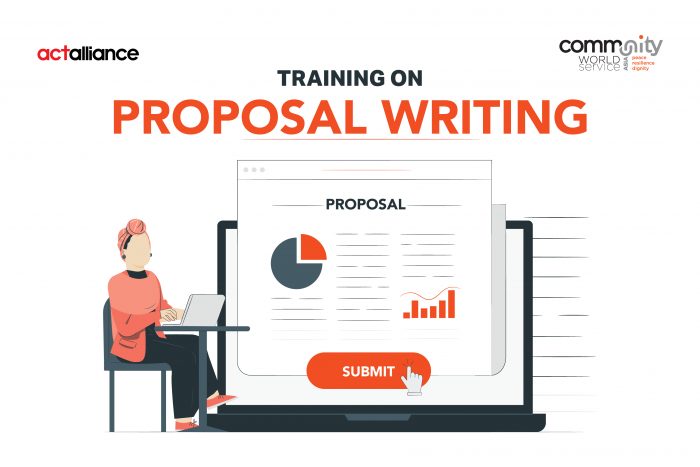
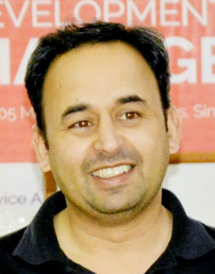 Mr. Khurram Saeed is working with Community World Service Asia and leading the Quality and Accountability program. He has over 10 years of experience in capacity enhancement support, project management, coordination & networking. He holds hands on experience in promoting Quality and Accountability and applying project cycle including assessing, designing, implementing, reviewing and evaluating projects in humanitarian and development context. He remained extensively involved in designing and carrying out humanitarian/development capacity enhancement interventions in participatory manner including development of strategies, training manuals and training events.
Mr. Khurram Saeed is working with Community World Service Asia and leading the Quality and Accountability program. He has over 10 years of experience in capacity enhancement support, project management, coordination & networking. He holds hands on experience in promoting Quality and Accountability and applying project cycle including assessing, designing, implementing, reviewing and evaluating projects in humanitarian and development context. He remained extensively involved in designing and carrying out humanitarian/development capacity enhancement interventions in participatory manner including development of strategies, training manuals and training events.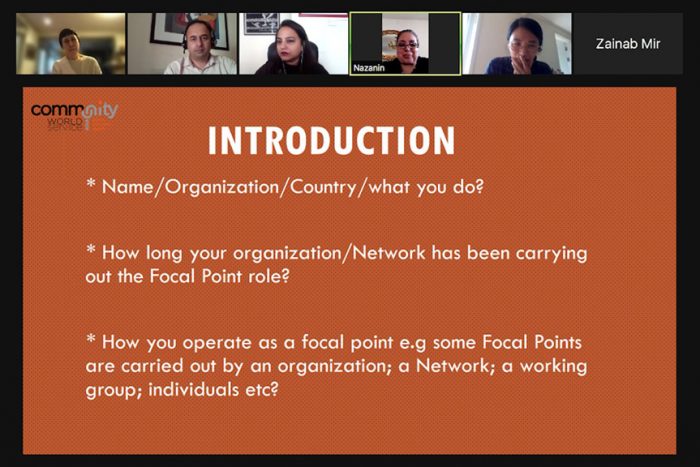
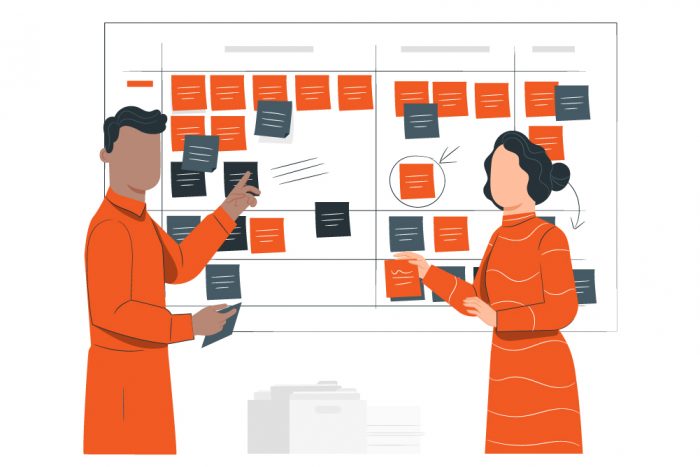
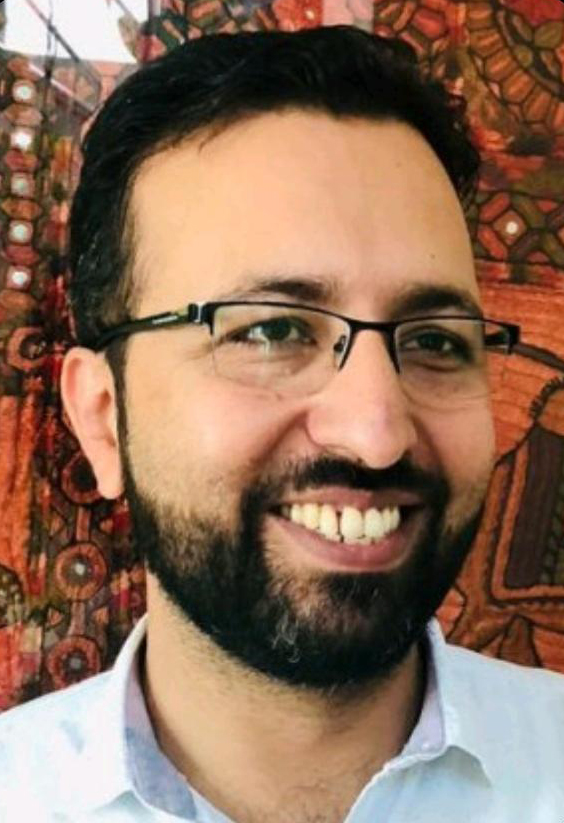 Rizwan Iqbal, has over twelve years of professional experience while working with non-government organizations and businesses in Asia & Europe. He specializes in Organizational Development (OD); Coordination and Support in development of Monitoring and Evaluation, Accountability and Learning (MEAL) mechanisms at agency-wide level. He remained directly involved in capacity building of partners and humanitarian organizations across the globe for assuring the elements of quality programming. He is a certified trainer by the secretariats of humanitarian quality standards like Sphere, Core Humanitarian Standard (CHS) & MERS and has been providing technical assistance/services to organizations on monitoring and evaluating operational quality by using the quality frameworks, standards, guidelines and tools. He worked with a variety of cultures in more than 25 countries around the world. In the past he completed his mission to Nepal (Aug-Sep 2015) after earthquake and a six-month deployment (Nov 2013 – May 2014) in the Philippines as Quality & Accountability Advisor – after typhoon Haiyaan (Category-1 emergency responses), where he provided support to design, train, monitor and complete (with an exit plan) a Quality and Accountability (Q&A) mission. He had been leading the Quality and Accountability Program team at Community World Service Asia and performing the role of Q&A promotion within Asia-Pacific region. Currently he’s serving as Global Quality & Accountability officer at ACT Alliance based in Thailand.
Rizwan Iqbal, has over twelve years of professional experience while working with non-government organizations and businesses in Asia & Europe. He specializes in Organizational Development (OD); Coordination and Support in development of Monitoring and Evaluation, Accountability and Learning (MEAL) mechanisms at agency-wide level. He remained directly involved in capacity building of partners and humanitarian organizations across the globe for assuring the elements of quality programming. He is a certified trainer by the secretariats of humanitarian quality standards like Sphere, Core Humanitarian Standard (CHS) & MERS and has been providing technical assistance/services to organizations on monitoring and evaluating operational quality by using the quality frameworks, standards, guidelines and tools. He worked with a variety of cultures in more than 25 countries around the world. In the past he completed his mission to Nepal (Aug-Sep 2015) after earthquake and a six-month deployment (Nov 2013 – May 2014) in the Philippines as Quality & Accountability Advisor – after typhoon Haiyaan (Category-1 emergency responses), where he provided support to design, train, monitor and complete (with an exit plan) a Quality and Accountability (Q&A) mission. He had been leading the Quality and Accountability Program team at Community World Service Asia and performing the role of Q&A promotion within Asia-Pacific region. Currently he’s serving as Global Quality & Accountability officer at ACT Alliance based in Thailand.